Saudi Arabia’s emerging security partnership with the United States marks a significant shift in the geopolitics of West Asia. Though formally short of a defence alliance, Washington’s decision to grant Riyadh Major Non-Nato Ally (MNNA) status and open discussions on potential F-35 transfers signals a profound recalibration of American strategic posture in West Asia.
For Saudi Arabia, it is a crucial insurance policy — reinforcing regime security, enabling technological modernisation, and cementing its role as the anchor of Arab stability. For Washington, it is a formal re-entry into the region after a period of perceived retrenchment and a reaffirmation that Gulf security is too strategic to be outsourced, either to regional powers or to China. Mere material and moral support to Israel to fight its wars does not count towards strategic security of the region.
This equation is not defined by arms alone. The more remarkable component is the intent of Saudi Crown Prince Mohammed bin Salman (MBS) to channel up to one trillion dollars into the United States over the next decade, across energy, advanced manufacturing, technology, and AI-driven defence. This is geopolitics through capital, bridging national security and economic interdependence. In return, Riyadh not only gains political protection but is gradually invited into the higher tier of American defence partnerships — something previously reserved for Israel, Japan, or South Korea.
Yet beneath these headline numbers lies a more practical reality: Saudi Arabia’s armed forces are modest in size, short of indigenous maintenance capacity, and reliant on foreign contractors. Although the package is valued at over $140 billion, absorption will likely be staggered over a decade or more. Much of it covers infrastructure, sustainment, technology offsets, and joint ventures rather than immediate deliveries. The proposal to acquire F-35s — the world’s most advanced fifth-generation stealth aircraft — is less military expansion and more symbolic elevation: Riyadh is being projected as having moved from being a dependable customer to a privileged strategic partner.
Iran remains the unspoken variable in all this. The United States no longer frames its Middle East policy exclusively through counter-terrorism or oil; it sees Iran’s expanding missile networks, proxies in Lebanon, Yemen, Iraq and Syria, and its advancing nuclear latency as part of a wider challenge to regional order. Riyadh does not seek total confrontation with Tehran, as seen in its China-brokered rapprochement in 2023. It recognises that deterrence must coexist with the dialogue that seeks to balance the relationship with Iran.
Quick Reads
View AllThis partnership with Washington strengthens Saudi Arabia’s deterrent posture, even as it keeps channels of communication open with Iran. Iran, in turn, will intensify its grey-zone strategy, expanding asymmetric influence while avoiding direct escalation.
Israel watches all this carefully. Historically, it enjoyed exclusive US access to highly sensitive systems, especially the F-35. Normalisation talks, once quietly underway between Tel Aviv and Riyadh, slowed after the Gaza conflict radically altered Saudi domestic sentiments. Israel may welcome closer US-Saudi ties against Iran but remains wary of any dilution of its qualitative military edge.
For now, Tel Aviv trusts Washington’s ability to calibrate technology while viewing Saudi Arabia less as an adversary and more as an evolving strategic variable. While Saudi Arabia has been wary of Israeli PM Benjamin Netanyahu’s Gaza policy, it has done nothing to pressure the Israel-US combine to put an end to the Palestinian-US conflict.
The Pakistan factor adds further texture. Riyadh and Islamabad recently signed a Strategic Mutual Defence Pact — a reminder that Saudi Arabia draws from multiple security reservoirs. Pakistan represents manpower, training expertise and a historic religious-military linkage, while the US partnership brings high technology, intelligence and political insurance. But this triangularity also introduces complexity, as Pakistan has deep military links with China and fluctuating ties with Iran.
Washington will watch that space cautiously. For Saudi Arabia, the presence of Pakistan on Iran’s other flank appears to give solace that a Sunni majority state in strategic league with Saudi Arabia exists to give a psychological and military boost within Saudi Arabia.
For India, this developing equation presents opportunity without pressure. A more secure, stable and globally integrated Saudi Arabia is good for India’s long-term energy, trade and expatriate interests.
Over nine million Indians live in the Gulf, contributing over $45 billion annually in remittances. Improved security, economic diversification and enhanced US-Saudi cooperation could open new corridors of technology, defence manufacturing, critical minerals, and digital infrastructure — areas where India and Saudi Arabia have recently deepened engagement.
At the same time, India must remain mindful of Saudi-Pakistan dynamics, especially in terms of financial support, defence cooperation, or potential reactivation of earlier military arrangements. Yet Riyadh’s growing strategic maturity and multi-vector diplomacy suggest that it now sees India not just as a workforce provider, but as a major economic and security partner in its long-term vision.
The question naturally asked is whether India should seek MNNA status. The answer is both strategic and philosophical. India today is engaged in multiple high-level security frameworks with the United States — from Comcasa, Beca and Lemoa to the Quad, Indo-Pacific dialogues, and emerging defence-industrial partnerships. These structures already exceed what MNNA offers. That framework is suitable for states seeking external protection; India seeks strategic autonomy with partnership, not performance-based alliances.
The strength of Indo-American relations is based upon an understanding that has had the depth of deep consultation, cooperation and continued negotiation over several years. The Trump 2.0 transformation too should not be taken as an obstacle because the relationship is now beyond transactional aberrations.
If Saudi Arabia enters Washington’s privileged zone, India remains in a differently privileged space — trusted, independent, and increasingly indispensable. India does not need to be a Major Non-Nato Ally. It is on course to be a Major Strategic Ally — on its own terms, without entering any camp.
The US-Saudi strategic convergence is not a closing of geopolitical space; it is a reshaping of it. And in this reconfiguration, India need not choose sides — only choose its interests.
(The writer is the former Commander of India’s Srinagar-based Chinar Corps. Currently he is the Chancellor of the Central University of Kashmir and a member of the National Disaster Management Authority. Views expressed in the above piece are personal and solely those of the author. They do not necessarily reflect Firstpost’s views.)


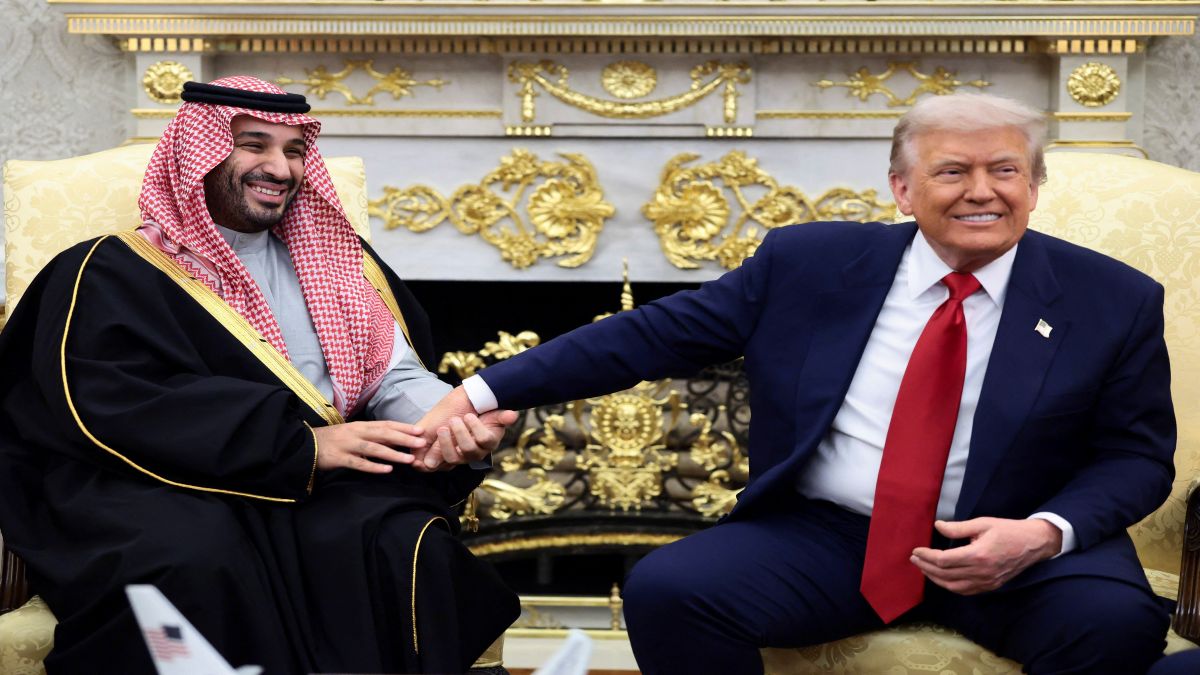)
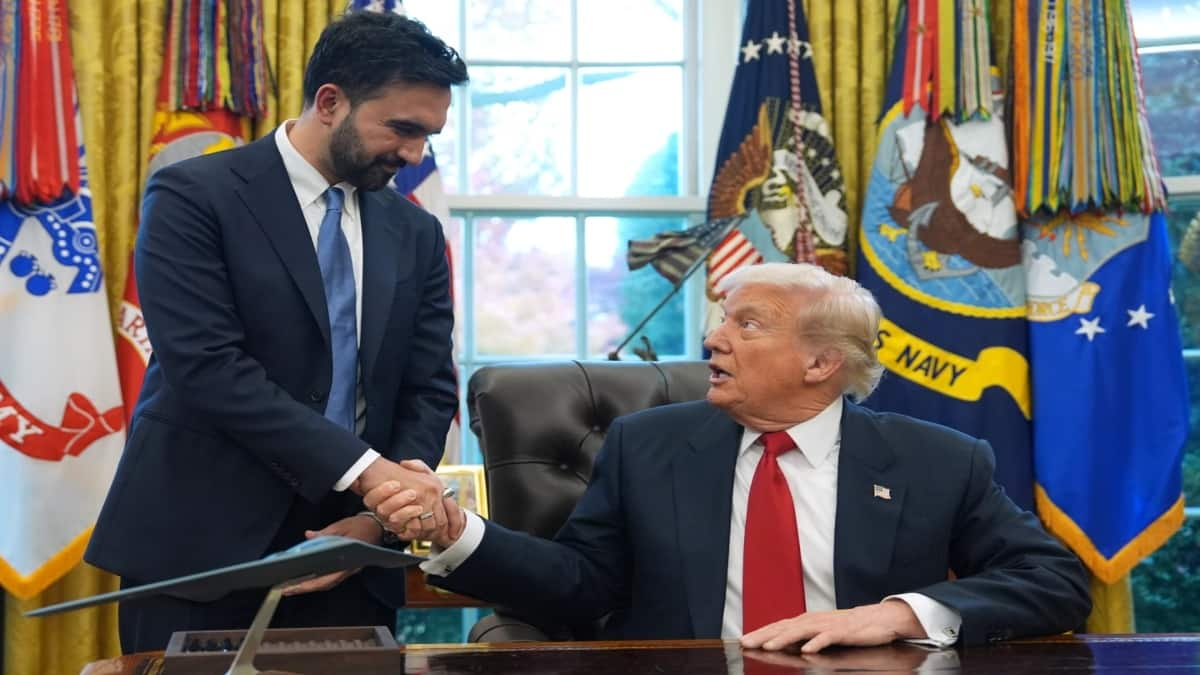
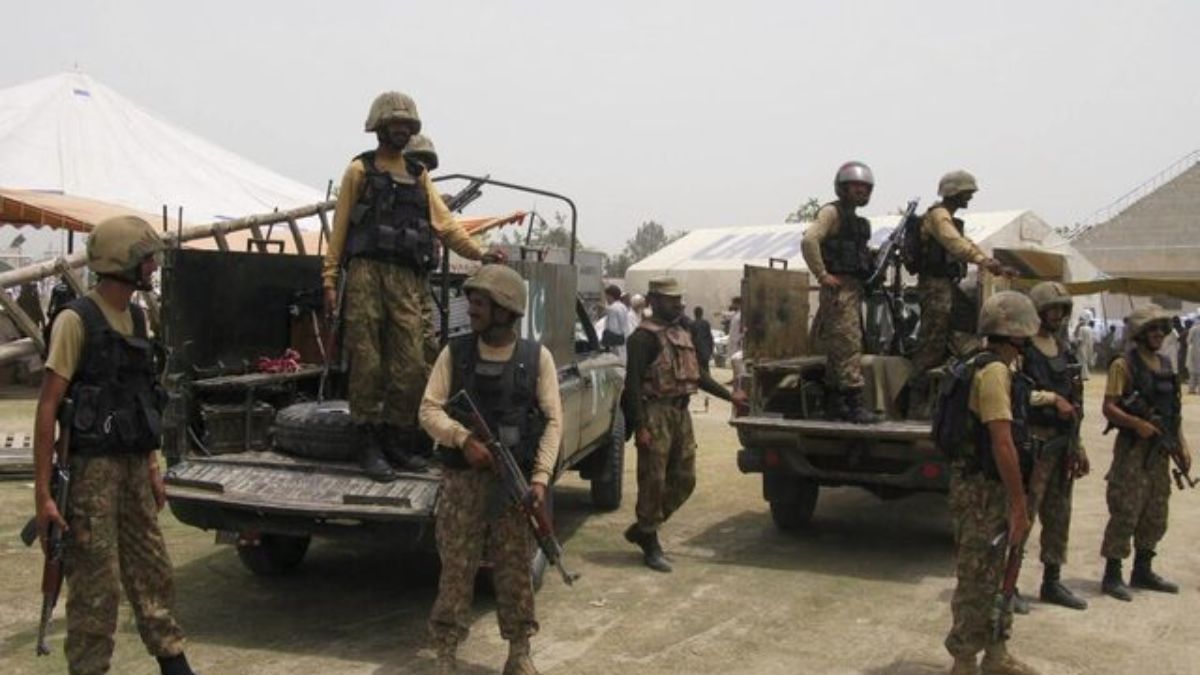)
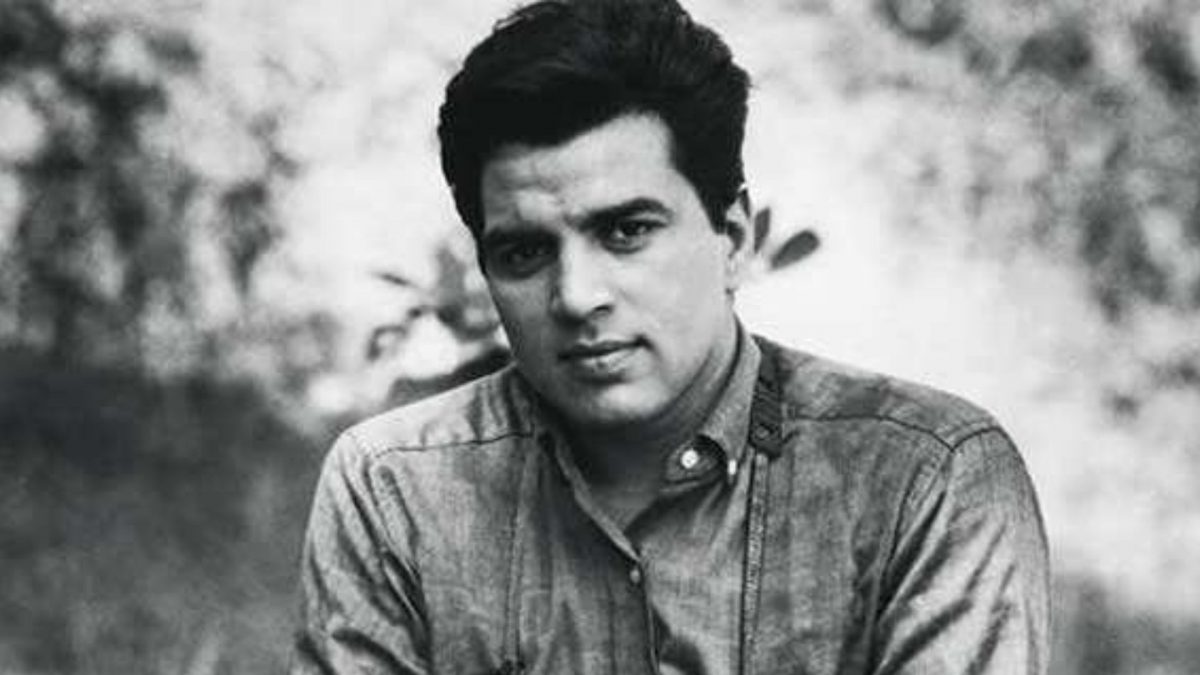)
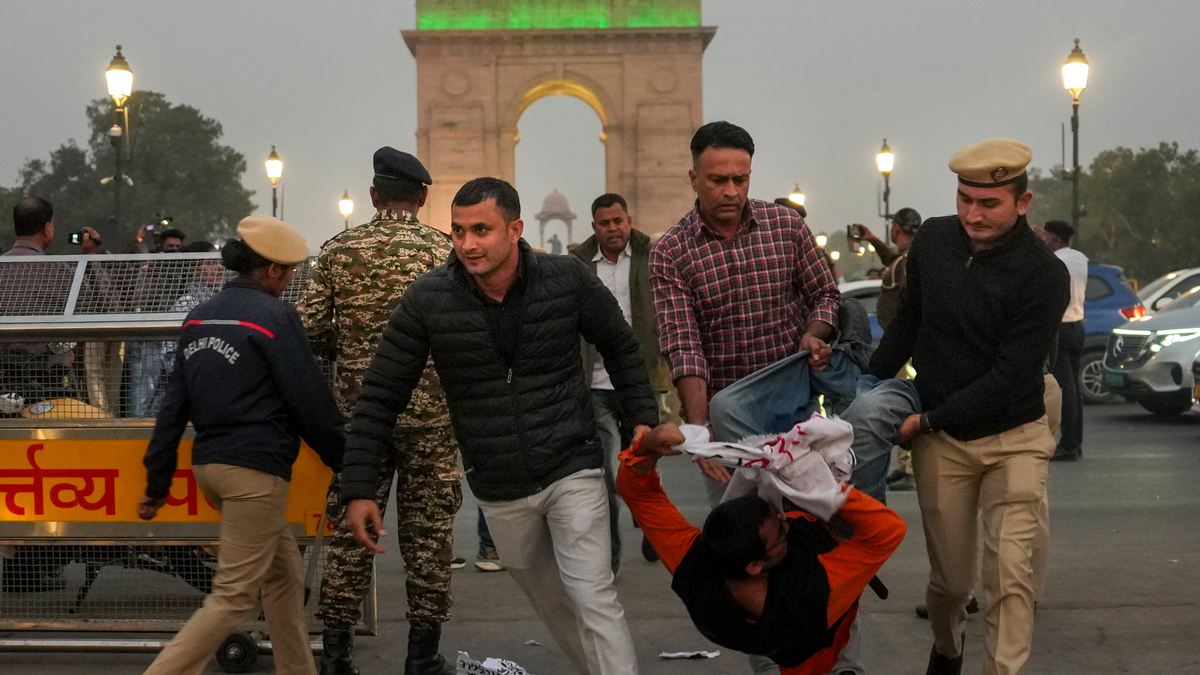)
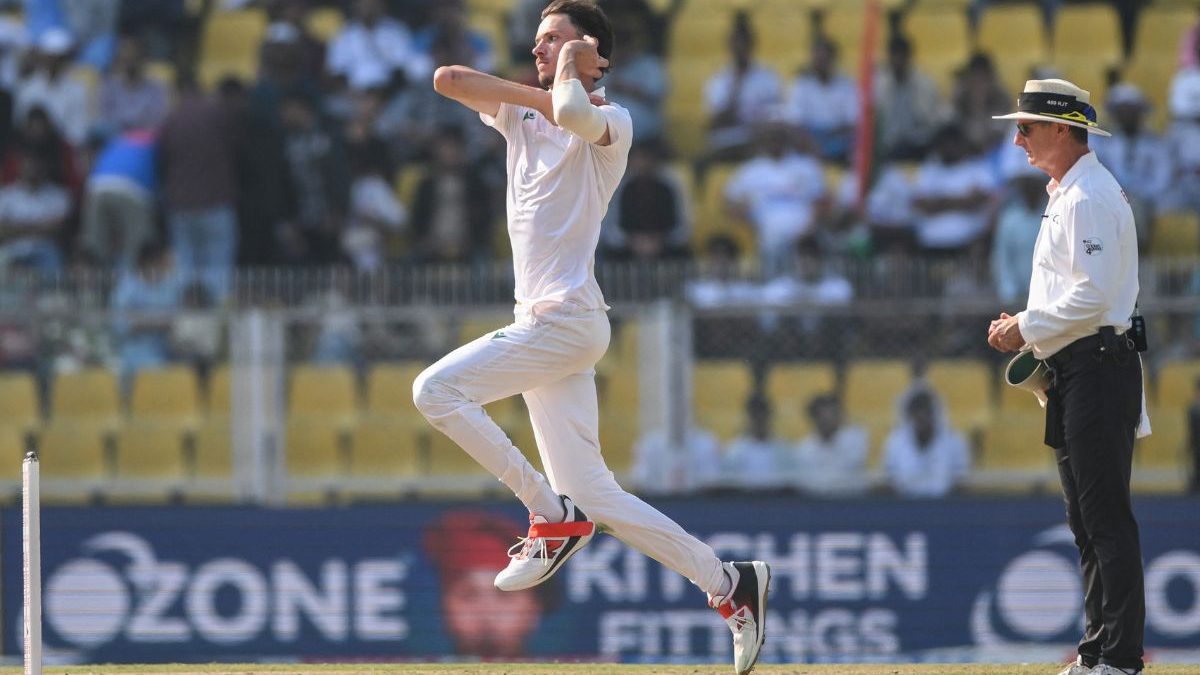)
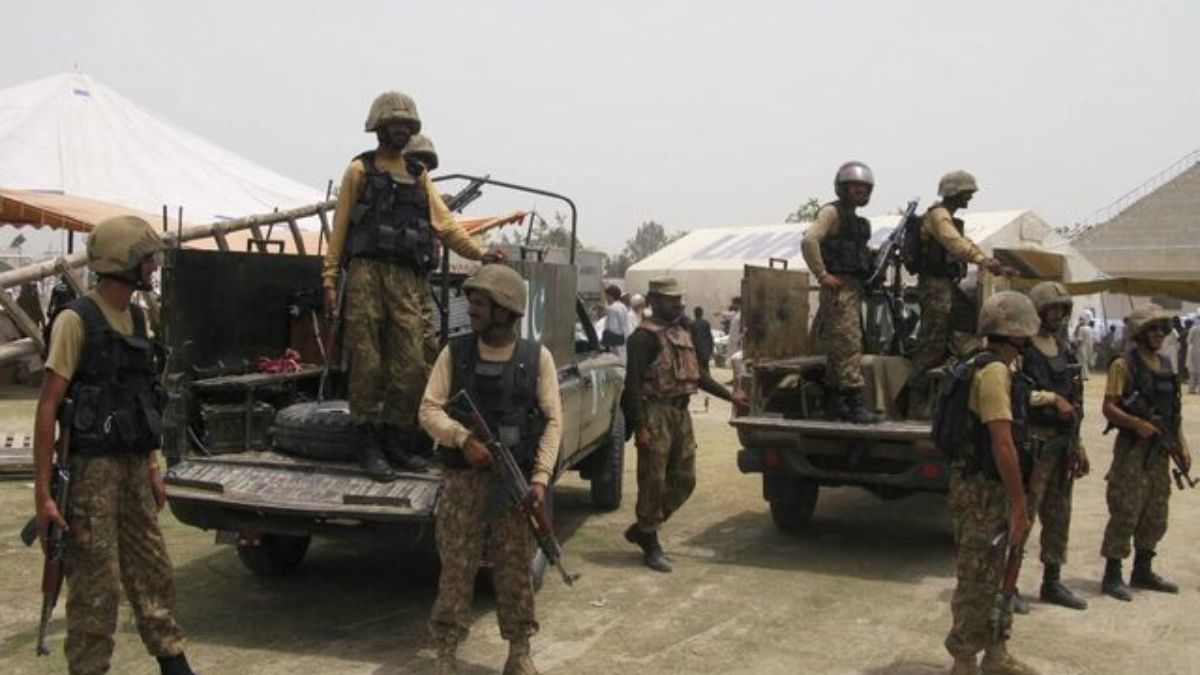)
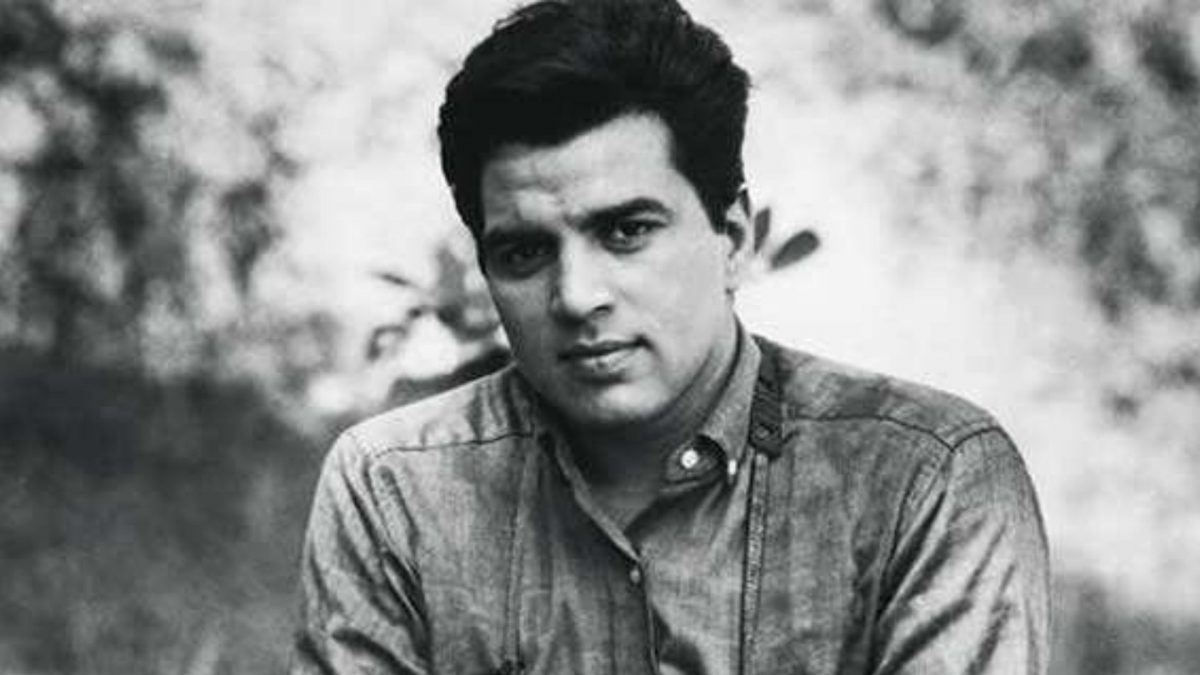)
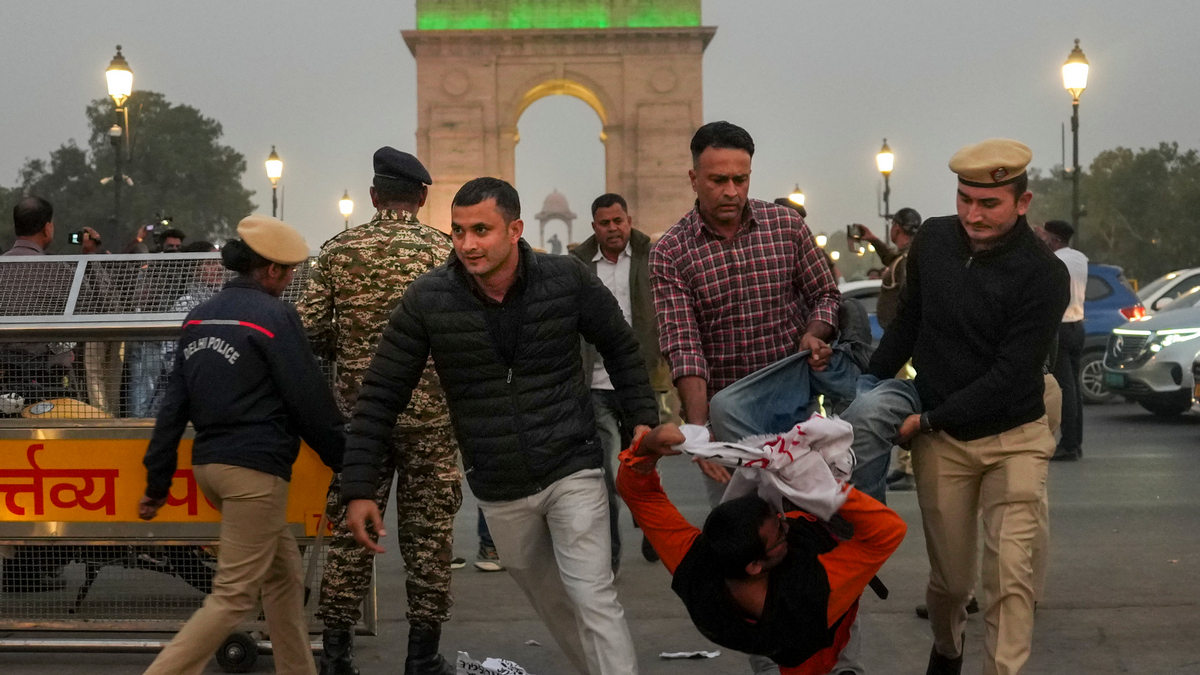)
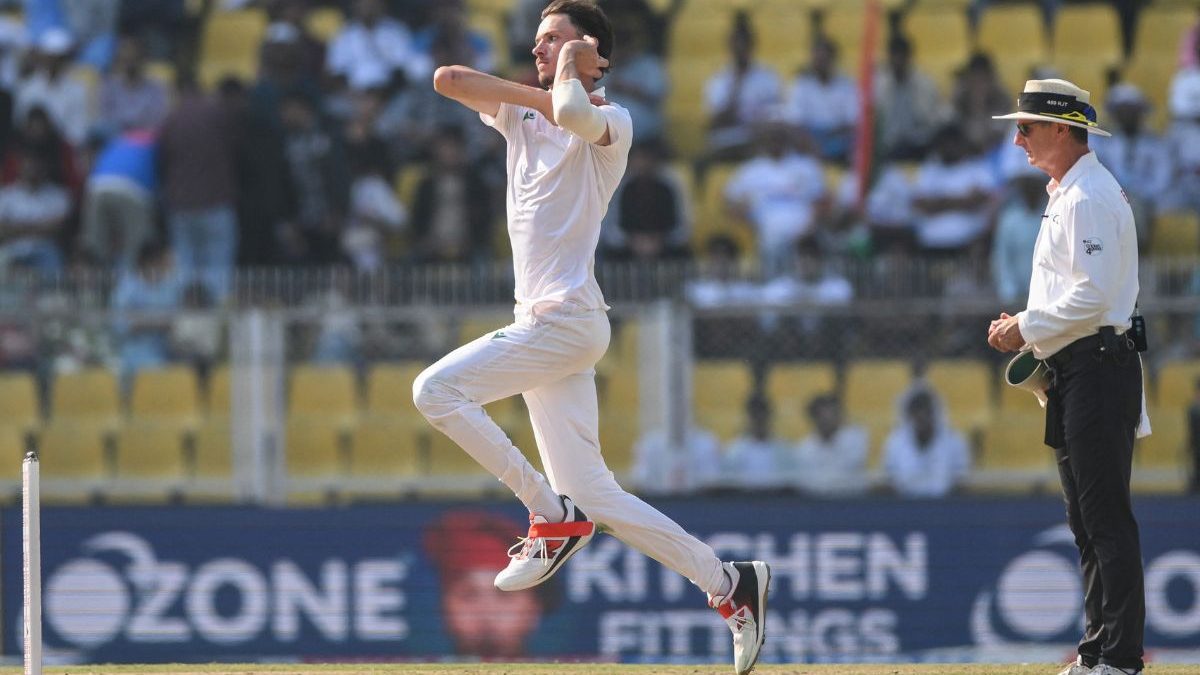)



